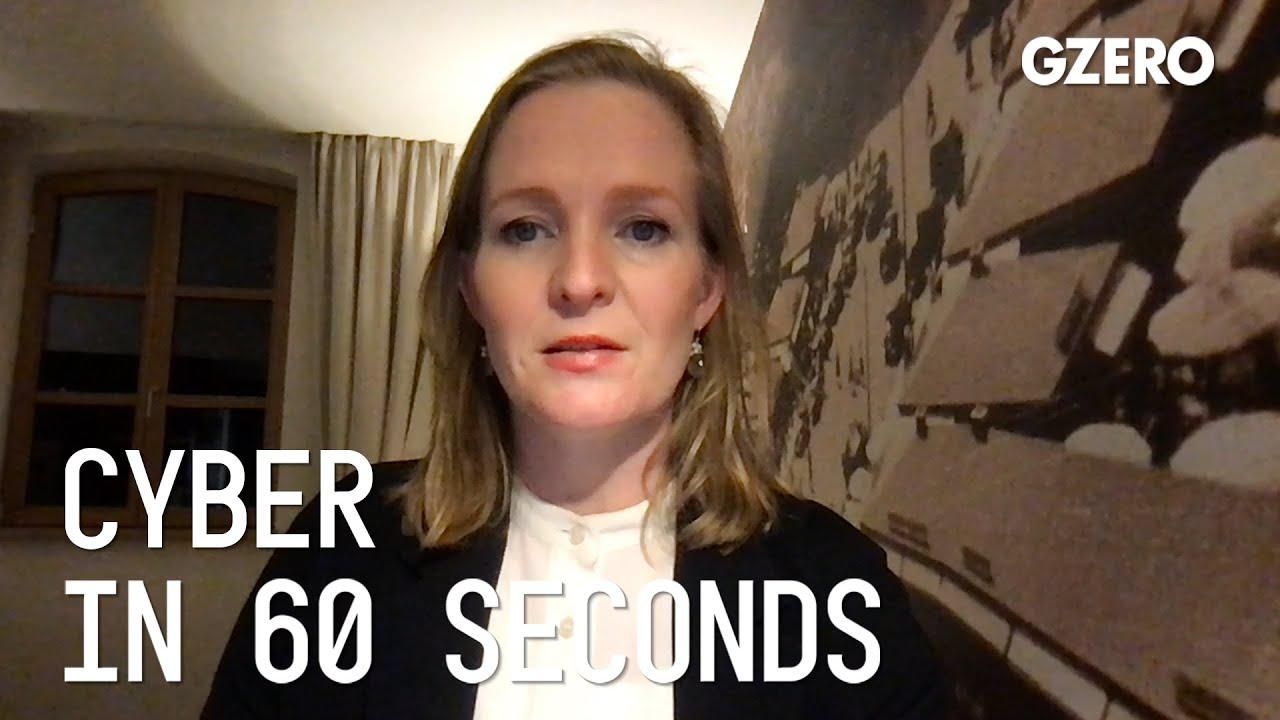
Marietje Schaake, International Policy Director at Stanford's Cyber Policy Center, Eurasia Group senior advisor and former MEP, discusses trends in big tech, privacy protection and cyberspace:
What is cyber's role in the Russia-Ukraine crisis?
Well first of all, the world is looking with great concern at the massive buildup of Russian troops and wonders when or how an invasion into Ukrainian territory could be started from that position. But in the digital domain, Ukraine is already under constant fire. When we go back to 2017, the NotPetya attack was aiming at Ukrainian targets and infecting banks, government agencies, as well as media and took down part of the electricity grid.
It was a ransomware attack. Now last month, another type of attack that seemed superficial with websites being defaced was actually covering for another type of effect below the surface, much less visible infection with malware that would wipe data off of computers entirely again in Ukraine.
And this week, authorities in the country shared that they were observing the largest scale digital disruption that they'd ever seen in the form of DDoS attacks.
Now, the problem is that there is not enough clarity around the application of international law or the laws of armed conflict, and that does not help the prevention or accountability around these attacks or the international community standing together in attaching consequences to this type of aggression that is ongoing, and I think it should not have to take visible rolling of tanks or man-to-man conflict to really recognize what is going on, what Ukraine is facing, and how often the perpetrators come from next door in Russia.
- Can political leadership prevent cyberattacks in 2022? - GZERO ... ›
- Biggest cybersecurity threat to watch in 2022 - GZERO Media ›
- Russian hackers' arrests timing likely just coincidence, says Ukraine ... ›
- Would you pay a cyber ransom? - GZERO Media ›
- Cyber warfare & disinformation play key role in Russia Ukraine conflict - GZERO Media ›